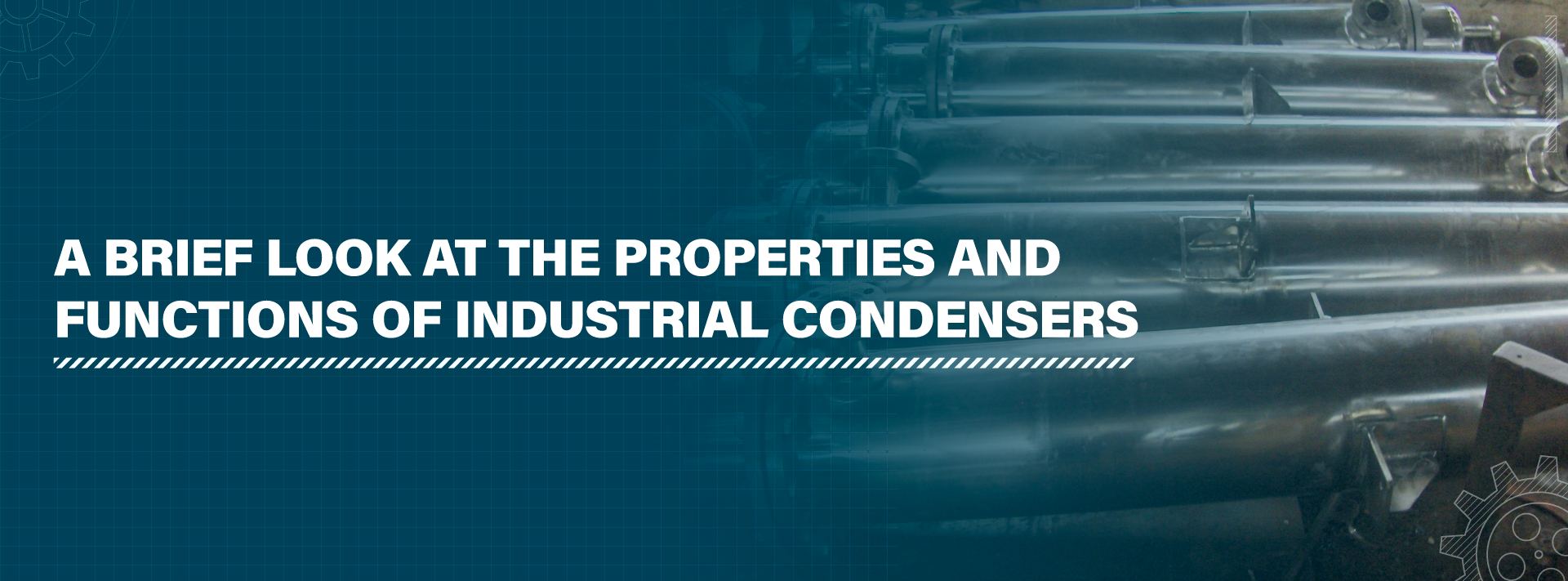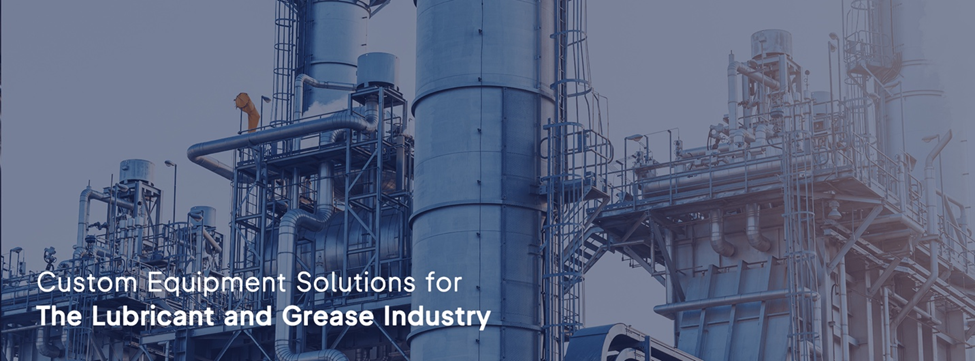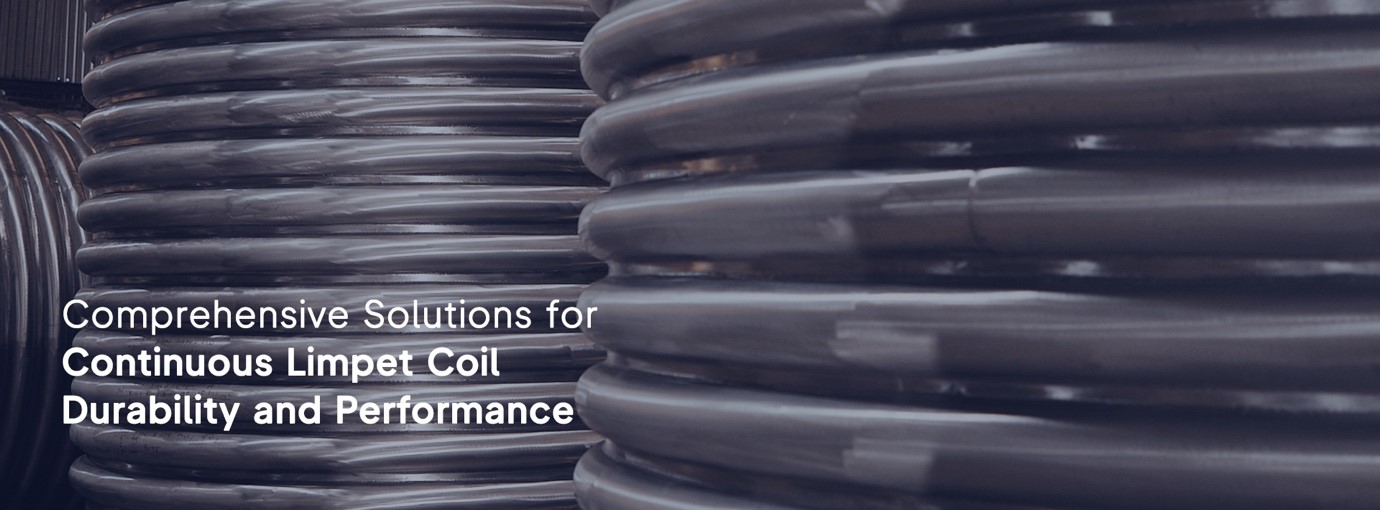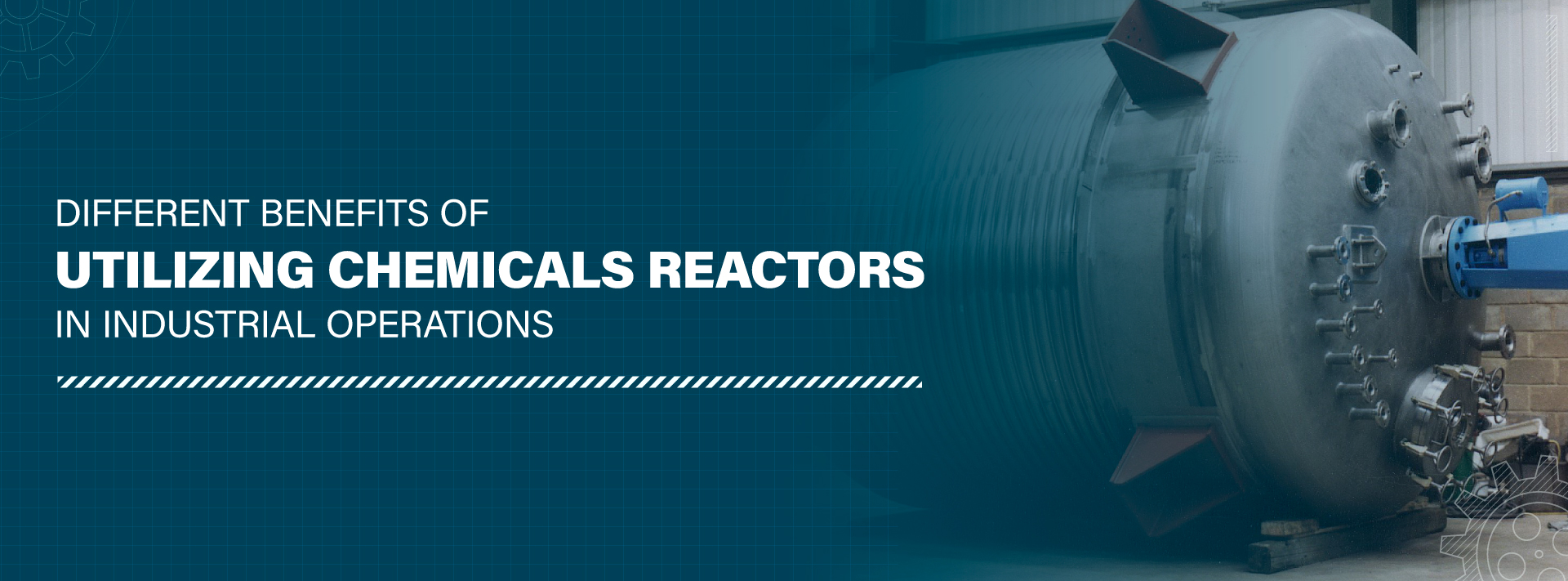Condensers are widely used in systems that include any kind of heat transfer. It is a unit or a device used for the condensation of a substance from the gaseous state to the liquid state by cooling it down. In the process of cooling, it transfers the latent heat of the substance to the surroundings.
Condensers are available in various shapes, sizes and designs; From small hand-held ones to very large units that are used in plant processes. The applications of condensers in industries are wide. Let us consider the example of a refrigerator or an air conditioner, where the systems use a condenser to remove the heat extracted from the device to the outside air. Industrial Condensers find uses in industrial chemical processes, mostly in the process of distillation and steam power plants.
We use condensers in a variety of operations such as in petroleum and chemical processing which includes refrigeration, distillation, power generation. Every distillation column uses either a total or a partial condensation to liquefy either part of or the entire overhead vapour stream and provide reflux for the column and a liquid product stream. In operations of refrigeration, condensers are used to liquefy the high-pressure refrigerant vapour. Surface condensers, also known as heat exchangers are used in many plant operations for condensation of the exhaust from the steam turbines used for in house power generation.
Condensation is the exact reverse of boiling and hence the condensing curve is the same as that of the boiling curve. Thus, this device faces many computational difficulties. There are many types of condensers:
TYPES OF INDUSTRIAL CONDENSERS:
- The Surface condenser in which the condensing medium and the vapours are separated physically and made use when direct contact is not very necessary.
- In chemistry, a condenser is an apparatus that cools hot vapours that causes them to condense in a liquid form.
- A direct-contact condenser where the hot vapour and the cool liquid is introduced into the vessel and mixing happens directly.
- The water-cooled condenser which is mostly used in swimming pools and condensers pipers for city flow.
- The air-cooled condenser expels heat to the outside environment is simple to install. They find their applications in domestic refrigerators and air conditioning units.
- Evaporative condensers are typically used when the supply of water is inadequate to operate the water-cooled condenser or when the condensation temperature is lesser than an air-cooled condenser can achieve.
Must Read: A Practical Guide To Understand Different Types of Condensers
Stalwart International is a condenser manufacturer and supplier that deals with various types of industrial condensers. If you have any queries get in touch with us.





